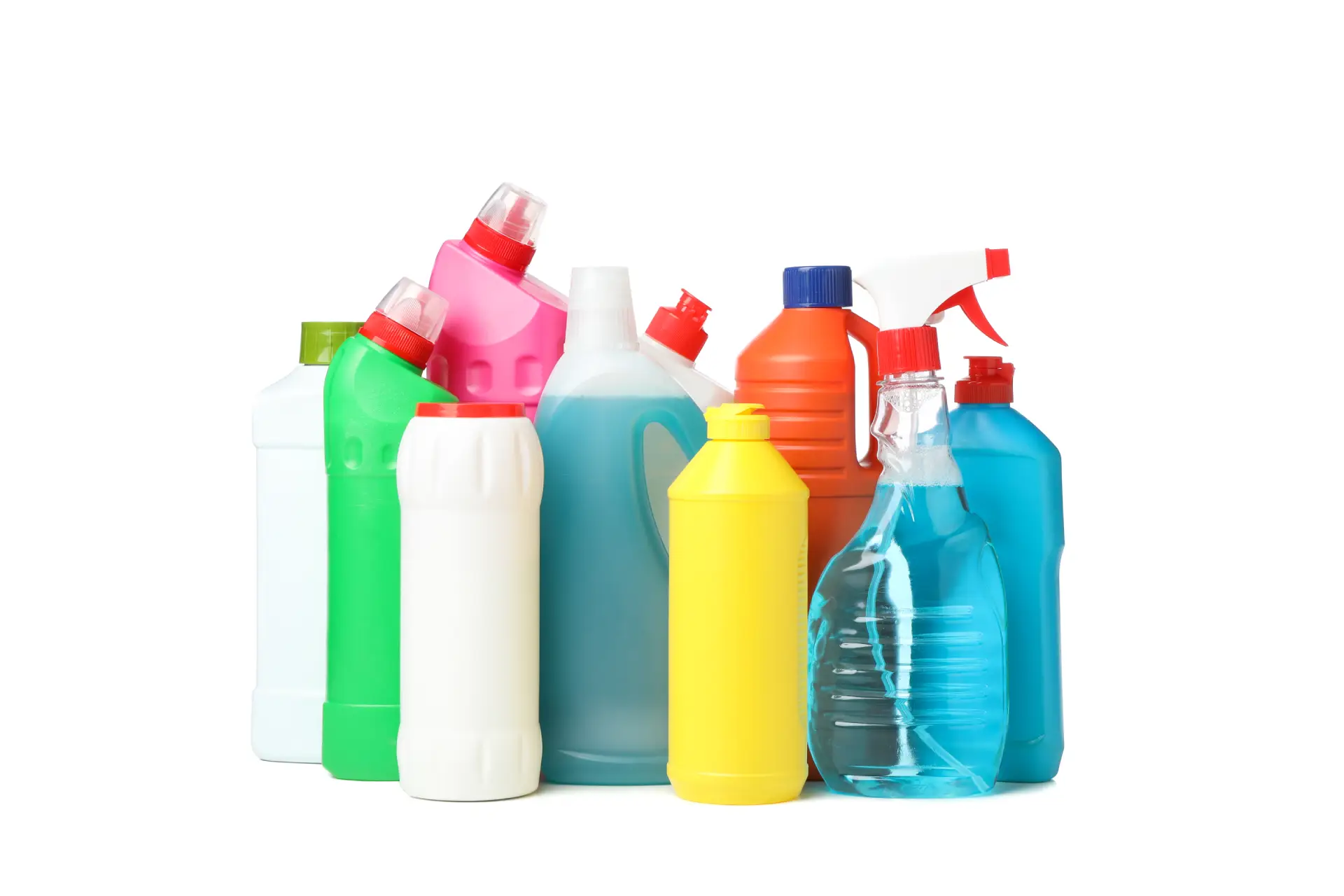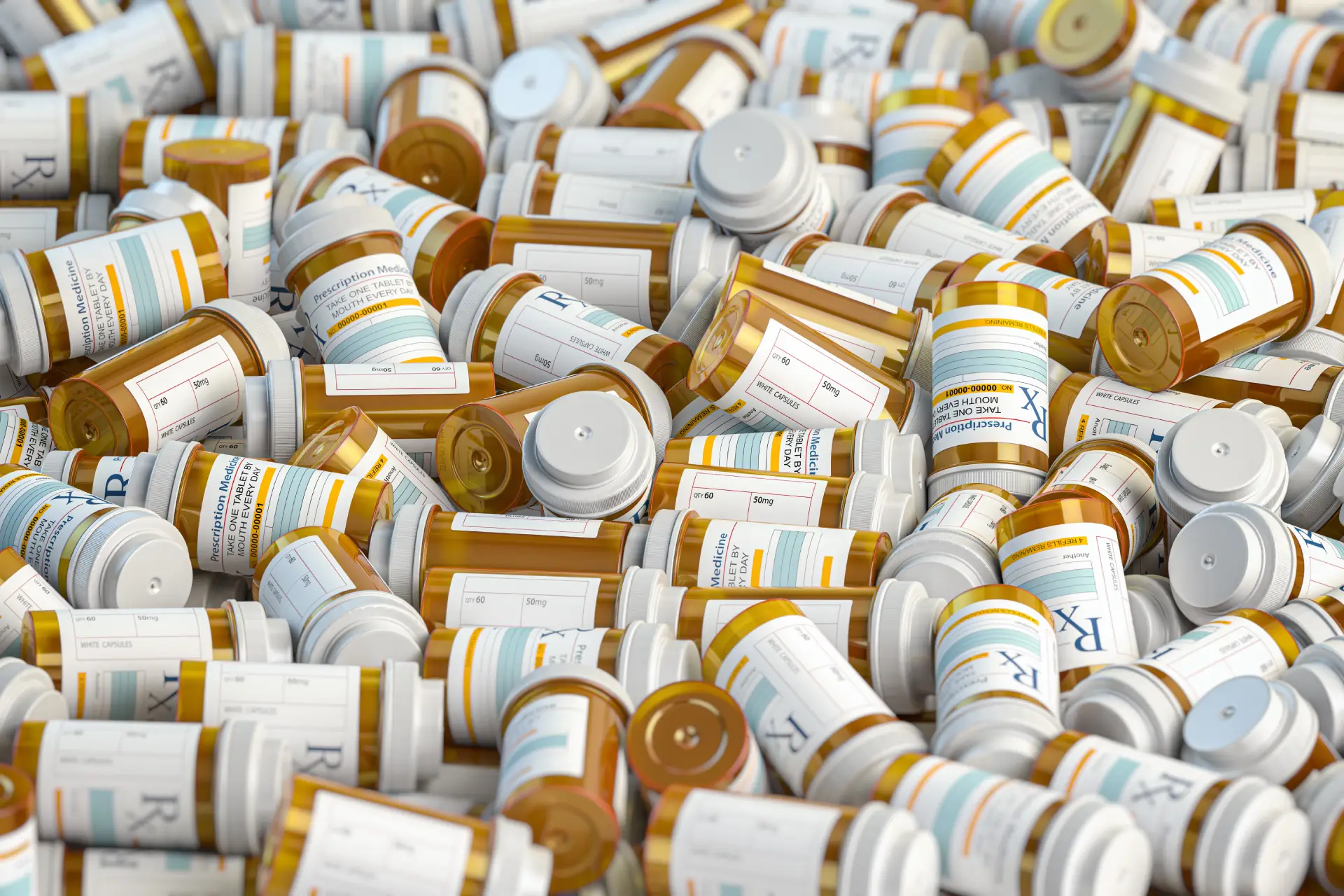Addiction Treatments Tailored to Your Needs
Explore a wide range of treatment options tailored to meet individual needs across Long Island.
Covered by most insurance plans
Available to help you 24/7
Comprehensive Addiction Treatments on Long Island
Our Long Island resources connect individuals with specialized treatment programs for a wide range of substance use challenges, including alcohol, opioids, prescription drugs, and more. Each treatment approach is designed to address the physical, emotional, and psychological aspects of addiction, helping individuals take meaningful steps toward recovery. With compassionate care and evidence-based practices, you can find the right path to lasting sobriety.

Alcohol
Many people try to keep alcohol problems out of sight from family, friends, and coworkers. Inside, things feel out of control. If that is your reality, you are not alone. With the right mix of care, support, and mindset, recovery is possible. By understanding the core elements of alcohol treatment, evidence-based therapies, medication options, peer support, and aftercare, you can tailor a path that fits your life and needs.

Inhalants
Inhalants are aerosolized or volatile compounds that give off vapors. Many are found in everyday household and commercial products, solvents, gases, nitrites, and aerosol sprays. Used correctly for cleaning, lubricating, or fragrance, they are generally safe. Abused by inhaling the vapors to feel high, they can cause rapid harm, including brain injury, liver damage, bone marrow suppression, and hearing loss. A single session can be fatal due to asphyxia or sudden heart problems. Recognizing warning signs early and acting quickly is critical.

Drugs
Drug addiction is a persistent condition marked by compulsive substance use despite harmful consequences. It can strain health, relationships, and finances, but effective, evidence based treatment helps people stabilize, heal, and rebuild. On Long Island, support spans multiple levels of care so treatment can be matched to each person’s needs and stage of recovery.

Relapse Prevention
Relapse can occur in addiction recovery because addiction is a chronic condition. Recognizing warning signs early and building a practical prevention plan makes a real difference. If you live on Long Island or nearby, support and referrals are available to help you stay on track.

Dual Diagnosis
A dual diagnosis means living with a mental health disorder alongside a substance use disorder. You may also hear co occurring disorder or comorbidity. This combination harms the person at the center of it and often strains families, friendships, school, and work. Because each condition can worsen the other, integrated treatment that addresses both at the same time is essential.

Prescription Drugs
Prescription medications are central to modern care. They are tested, regulated, and helpful for many conditions. That trust does not erase the reality that some prescriptions carry a high risk for dependence when misused or taken without guidance. Across New York and on Long Island, prescription drug misuse has driven thousands of overdose emergencies. If you or someone close is struggling, this guide explains how dependence develops, how to spot it early, and which evidence-based treatments support lasting recovery.
Let today be
your Day 1
We'll get on a call, assess your health history, and verify your insurance. Today is Day 1. We can't wait to celebrate Day 1000 with you!
Fill out this simple form and we’ll call you right back.
